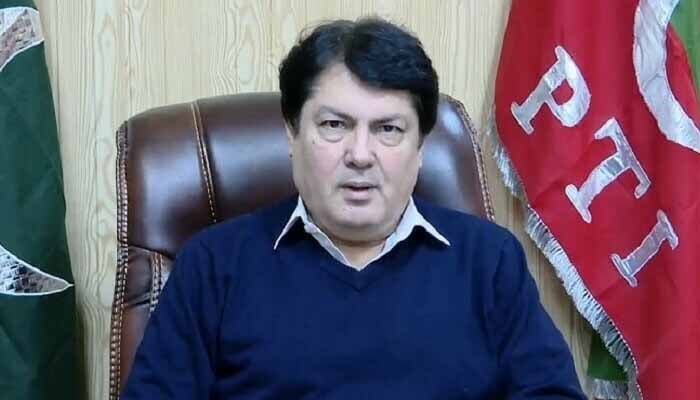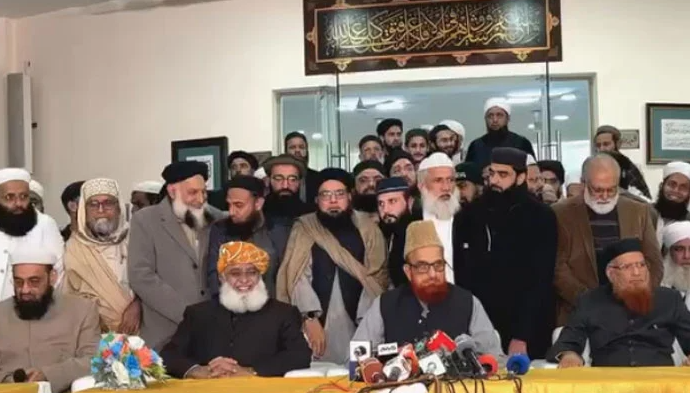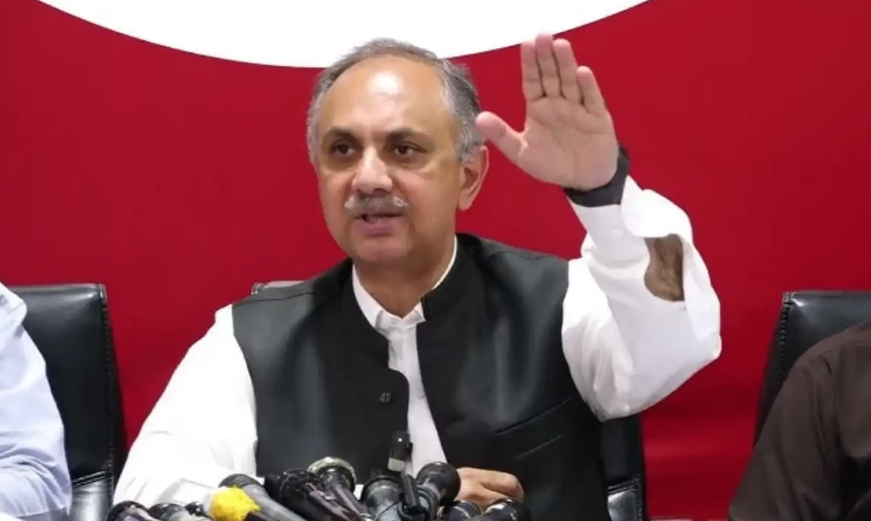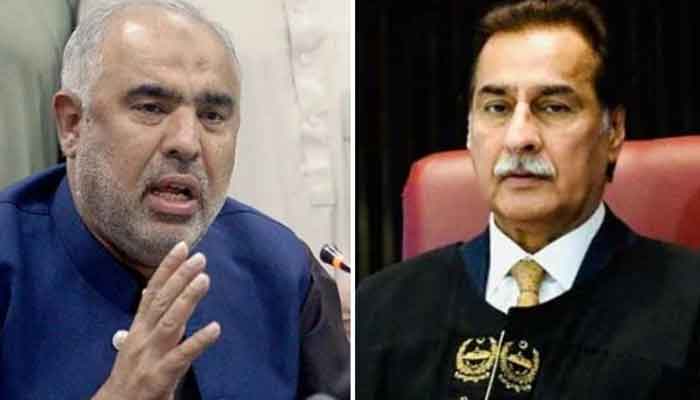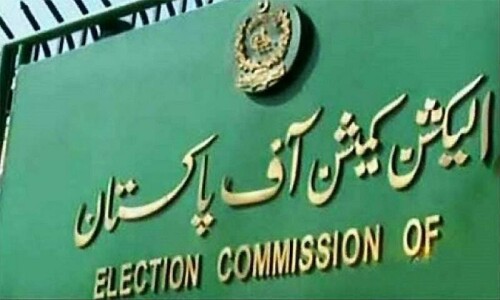POLITICS & POLICY MAKING
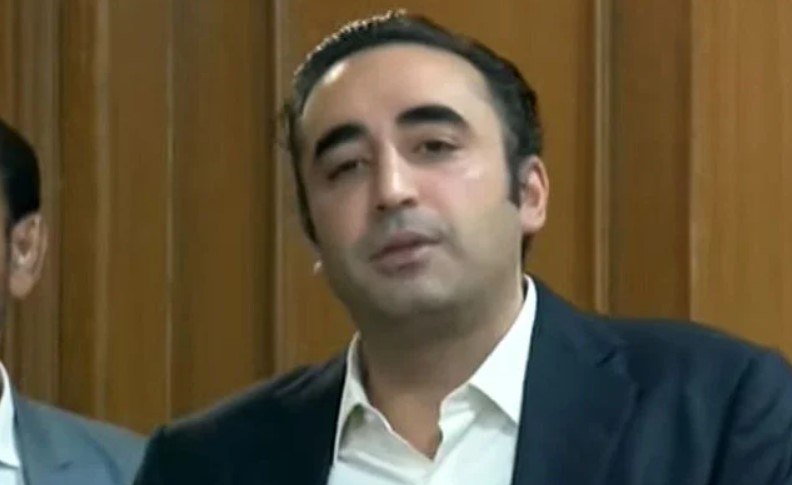
Chairman of the Pakistan People's Party (PPP), Bilawal Bhutto Zardari, addressed a gathering at the Balochistan High Court, articulating his vision for a federal constitutional court and critiquing past judicial practices in Pakistan.
During his remarks, Bhutto emphasized that his advocacy is not aimed at supporting the current Chief Justice concerning constitutional amendments, but rather at addressing broader systemic issues within the judiciary. He stated, “I have no problem with any of these two judges coming to the Constitutional Court,” indicating his willingness to work with existing judicial leadership if it aligns with his vision for reform.
Reflecting on the historical context, Bhutto remarked that the 1973 Constitution was restored through democratic means, noting that judges lacked the courage to deem dictatorial laws unconstitutional during oppressive regimes. “Political people were suffering oppression at that time,” he lamented, underscoring the challenges faced under previous judicial systems where "imprisonment without punishment" was common.
Bhutto criticized the judicial powers that have allowed for the removal of elected leaders, saying, “You can remove a prime minister and we will not be able to do it.” He pointed fingers at former Chief Justice Iftikhar Chaudhry, claiming he played a significant role in the judicial system's politicization, which led to a lack of accountability and justice.
Addressing the topic of constitutional amendments, he reiterated that his fight is not for a particular individual but for the integrity of the judiciary. He expressed optimism regarding the current judicial leadership, particularly under Justice Qazi Faiz Isa and Justice Mansoor Ali Shah, stating, “For the first time, I see hope.”
He also articulated the necessity for a constitutional court as a means to uphold the rule of law and ensure that the rights enshrined in the Constitution are protected. “After 30 years of struggle, we have taken a decision to form a constitutional court,” he affirmed.
Highlighting the need for a robust legal framework, Bhutto insisted that the first demand in any new charter of democracy should be the establishment of a federal constitutional court, reassuring the public that the integrity of the 18th Amendment will remain intact. He pointed out the backlog of political cases in the judicial system, expressing concern over the sporadic attention these cases receive.
Furthermore, he proposed the establishment of a provincial constitutional court, advocating for a consensus-driven approach to judicial appointments. “Let us make such a system that can protect us going forward,” he concluded, signaling his commitment to fostering a fair and transparent judicial process in Pakistan.
